
Black Mom Gets Accused Of Stealing A White Boy That’s Actually Her Son, Says People Are Extremely Judgmental
For couples that are dreaming of starting a family, there is nothing more heartbreaking than being told that you are physically unable to have a baby. While there are more options than ever these days – IVF treatments have around a 40% success rate, for example – this is a costly and time-consuming process with no guarantee of success. Repeated failure to get pregnant can put a heavy strain on a relationship, and even the couple’s mental health.
h/t: Love What Matters
Image credits: raisingcultures
Adoption is the logical next step. Even this process is fraught with uncertainty as there are many checks and steps that need to be passed, and it can also be very costly. Perhaps that is why only two percent of American families choose to adopt.
Image credits: raisingcultures
This is Princeton. His mother, Keia Baldwin, runs the blog Raising Cultures, in which she shares her stories of foster parenting, adopting, and raising a multiracial family.
Image credits: raisingcultures
Keia and her husband Richardo have been married for 9 years. Although Keia had one biological daughter (Zariyah, 16) from a previous relationship, she and Richardo were keen to grow their family the ‘traditional’ way.
Sadly, they were to find it much more difficult than anticipated. After several miscarriages, they turned to a fertility specialist for help.
Image credits: raisingcultures
“After months, then years of countless dollars spent, fertility drugs taken, failed IVF attempts, and still no baby, we were broken emotionally and spiritually,” Keia told Love What Matters. “I became bitter and depressed because I wanted nothing more than to have a baby with my husband and give our daughter a sibling.”
Image credits: raisingcultures
“My husband and I didn’t initially think about adoption right away, but explored the possibility of foster care. Luckily, in our city, we have an agency called Crossnore School & Children’s Home that afforded us the opportunity to foster to adopt. It wasn’t until we met Karleigh at age 11 (friend of Zariyah’s from school) that our mindsets toward adoption changed.”
Image credits: raisingcultures
After realizing that their love and bond towards their new family members were as strong as any biological child, the couple opened their hearts to fostering and eventually, adoption.
“After completing our foster care classes and becoming licensed foster parents, we didn’t want to set any hard stipulations on age, race, gender, etc. because we wanted to help the children God intended for us to help,” Keia continued.
“Ayden was our very first placement. He was also our first adoption 2 years later! We are so happy that God chose Ayden for us and us for him! Both Ayden and Karleigh are biracial and that has helped them bond as well. It’s important to have someone that looks like you and can relate to you.”
Image credits: raisingcultures
One day, Keia got a call about a newborn baby that needed some skin to skin from a mother figure. She headed straight to the hospital to help out.
“Upon arriving at the hospital, I saw so many beautiful babies in the NICU and wondered which black or brown baby they were going to pair me with,” she said. “The nurse ushered me over to this small little 2-pound white baby boy, who was also beautiful I might add! Initially, I thought to myself, ‘Are they serious. Is this a joke?’ but then my motherly instincts kicked in!”
Image credits: raisingcultures
Feeling an immediate bond with Princeton, Keia and Richardo had no hesitation in taking him into their home. Multiracial adoption is a common phenomenon – with people seeing no problem with the likes of Madonna swanning around Africa adopting black babies, why should it be different the other way round? Sadly, Keia was to find that in our society, it just is.
Image credits: raisingcultures
“To us, it didn’t matter that he was white but boy, but it did matter to others! I would have never thought my son being white would cause so much judgment, ridicule, backlash, and downright hatred and racism,” she explained, adding, “We’ve had the police called on us several times when he was an infant because they thought we’d kidnapped him.”
Image credits: raisingcultures
“Once, in a grocery store, an older white gentleman came up to my son and I while he was sitting in the shopping cart and started recording and taking pictures. I asked him what he was doing and to stop immediately. He explained to me that he was going to take this ‘evidence’ to security because I had ‘obviously stolen’ someone’s baby.”
Image credits: raisingcultures
“We’ve been faced with judgment from our children’s teachers where our daughters have been asked if he is ‘really’ their brother. I must be the ‘babysitter’ they add. We’ve gotten, ‘Why didn’t you adopt a black child when so many black children need good homes?’ Or, ‘Why didn’t you let that baby stay with his kind?’ We have been in restaurants and have almost been ‘held hostage’ and not let out the door because they thought Princeton was kidnapped.”
Image credits: raisingcultures
Of course, these types of incidents are incredibly hurtful and can bring some self-doubt as to whether they did the right thing. Who wants to be stared at and judged every time you go outside with your son?
However, despite the challenges, the ups and downs and the emotional rollercoaster that adoption can bring, Keia doesn’t regret it for a second.
Image credits: raisingcultures
“The day we bought Princeton home from the hospital was the day our lives changed for the better! Being his mother is one of the best decisions I’ve ever made. I’m stronger, wiser, kinder, and definitely more patient.”
Image credits: raisingcultures
“Although faced with a lot of challenges, the support for our multiracial family has been overwhelming. Through our family blog Raising Cultures, we have met some amazing people. I loving referring to them as my kids’ cyber aunties and uncles! We get the opportunity to educate others on the realities of being a multicultural family, good, bad, or indifferent.”
Image credits: raisingcultures
“Education is key to breaking down barriers of racism, prejudices, stereotypes, and division. Our hope is that because of our love story, others will not be afraid to foster/adopt and not place limitations on love. Love is colorful! We all have the capacity to love without limits, we just have to be willing to open our hearts up to do so!”
Here’s what people had to say about the story
Explore more of these tags
I find it truly sad that, in 2019, people still think it's OK to be openly and blatantly racist.
The skin color is only an issue because of adults, kids really don't care until they are taught to.
All humans figure out ways to divide themselves. In Northern Ireland everyone looks the same but it was protestants vs catholics. They even share the same god and they STILL fought. People will divide by socioeconomic status, by interest, by country, by looks, by all sorts of things. Skin colour just happens to belong to that list. If racism went away, it would be replaced by another way to separate. That's just the way humans have always been.
Load More Replies...Except Capt Marvel... Looking forward for Part II
Load More Replies...I find it truly sad that, in 2019, people still think it's OK to be openly and blatantly racist.
The skin color is only an issue because of adults, kids really don't care until they are taught to.
All humans figure out ways to divide themselves. In Northern Ireland everyone looks the same but it was protestants vs catholics. They even share the same god and they STILL fought. People will divide by socioeconomic status, by interest, by country, by looks, by all sorts of things. Skin colour just happens to belong to that list. If racism went away, it would be replaced by another way to separate. That's just the way humans have always been.
Load More Replies...Except Capt Marvel... Looking forward for Part II
Load More Replies...
 Dark Mode
Dark Mode 

 No fees, cancel anytime
No fees, cancel anytime 






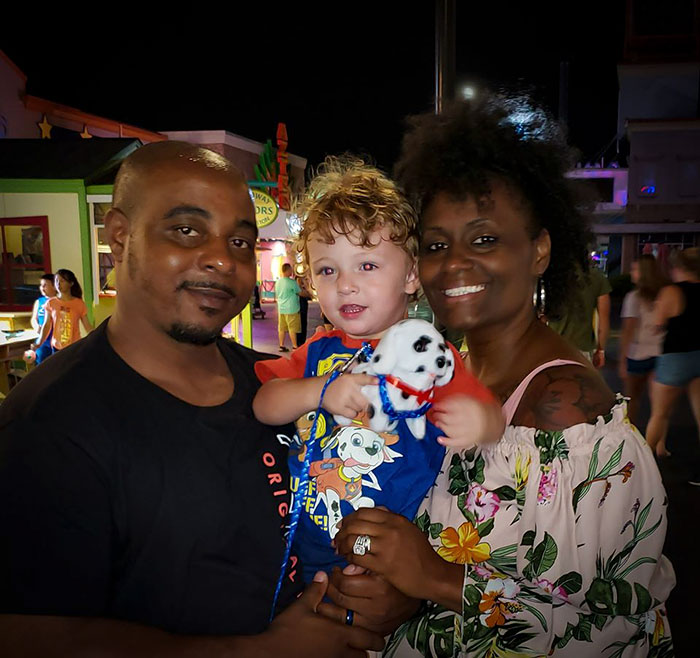
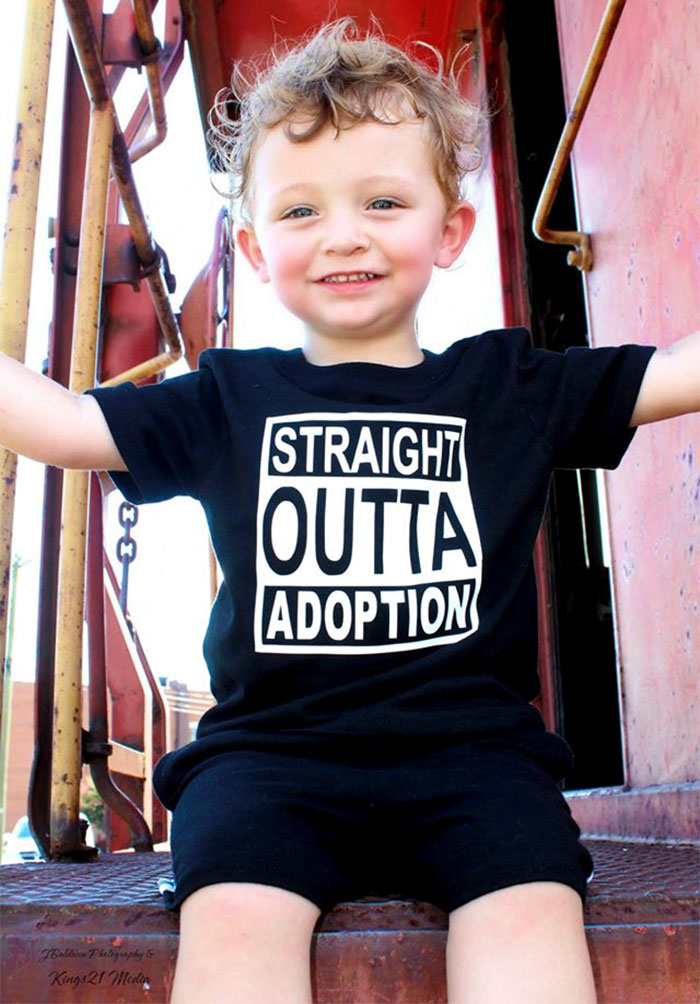
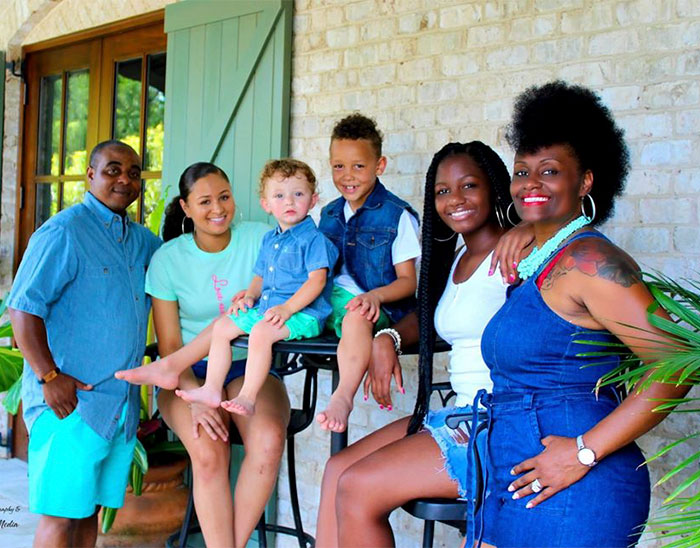


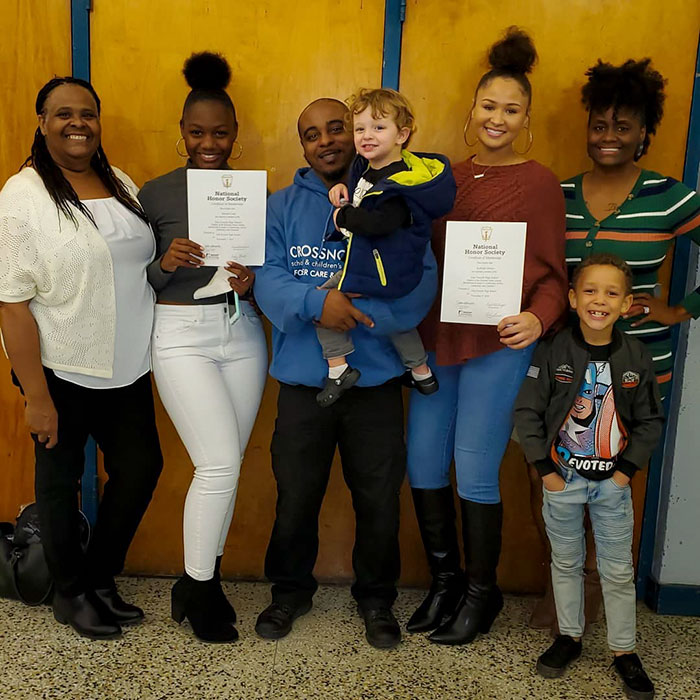

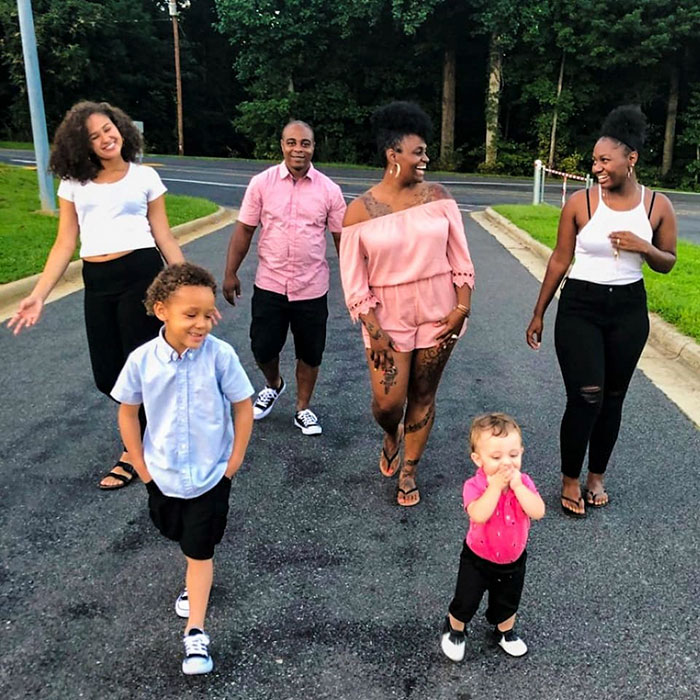
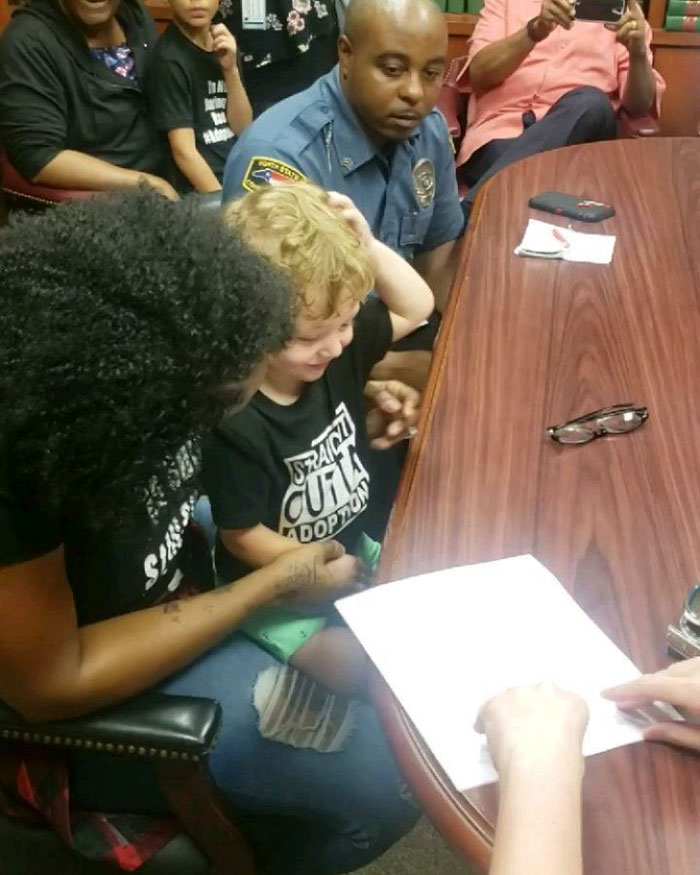
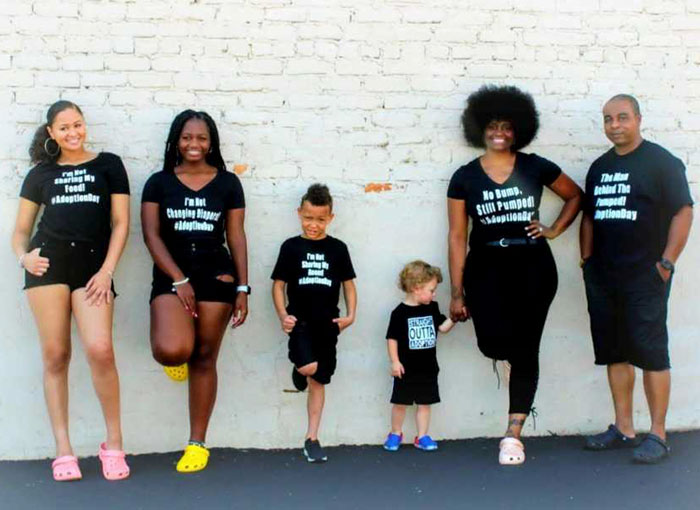
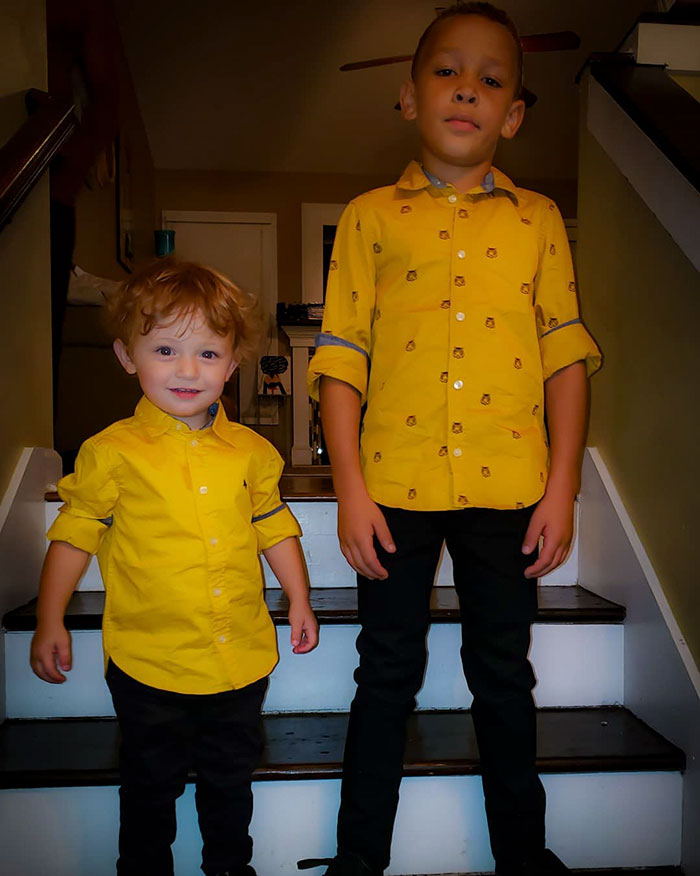












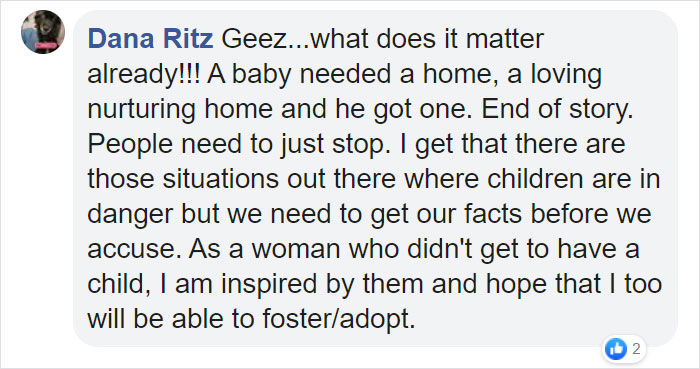


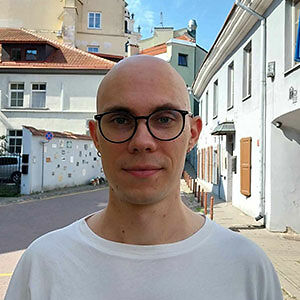












































322
86